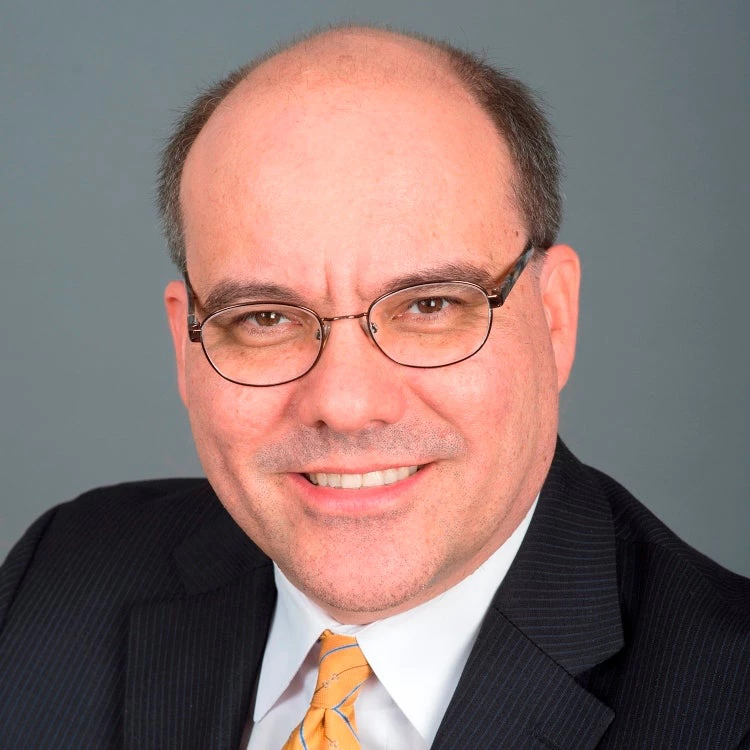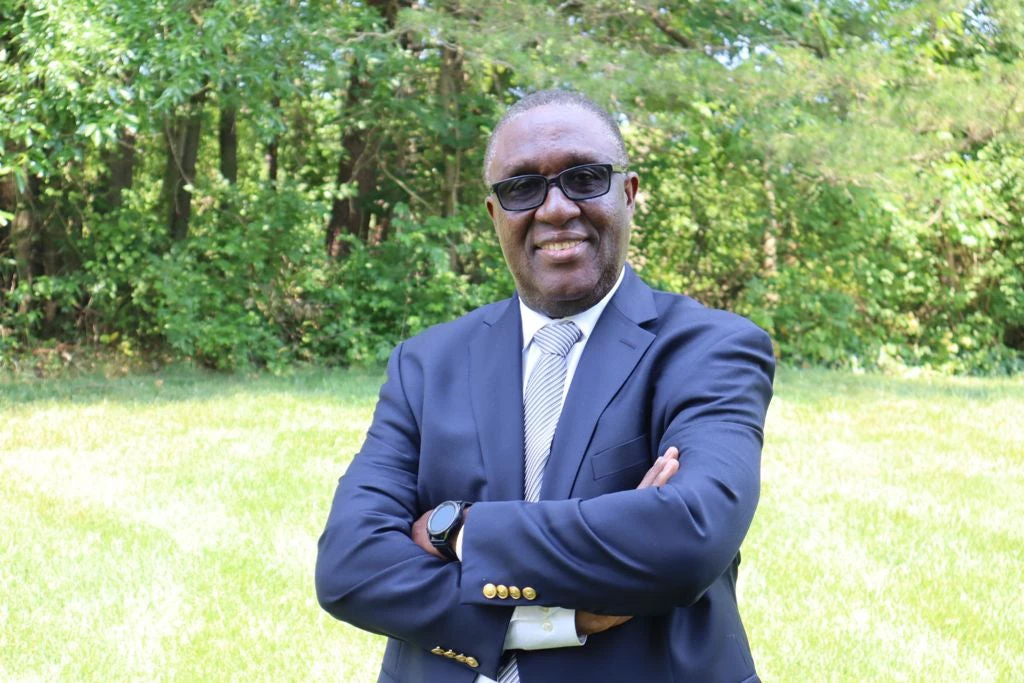 In West Africa, coastal erosion poses enormous risks and put thousands of lives and livelihoods at risk. Camp Khar Yallah for internal displaced people due to climate change.
In West Africa, coastal erosion poses enormous risks and put thousands of lives and livelihoods at risk. Camp Khar Yallah for internal displaced people due to climate change.
In Gbekon, Benin, summers come with flooding from the Mono River. Erosion of the nearby coast, along with more unpredictable rainfall, have made these floods worse over time. Each flood cuts access to the only road connecting people to farms, jobs, and public health services and put thousands of lives and livelihoods at risk. In 2020, the World Bank-financed West Africa Coastal Areas Program (WACA) built dikes and instituted other measures to manage river flows and prevent flooding, with the result that more than 3,600 households were less exposed to coastal erosion and flooding.
Then the COVID-19 pandemic hit, bringing another complication in the effort to help people adapt to climate change and become more resilient.
Supporting coastal resilience is imperative to the recovery
The Climate Adaptation Summit, where global leaders set out clear commitments to make our world more resilient, highlighted an important message: as governments set up plans for economic recovery and mobilize trillions of dollars, the world has the unique opportunity to build a greener, more resilient, and more inclusive future. The WACA program is showing that achieving this goal is possible.
As the COVID-19 pandemic continues to have devastating consequences globally, new vaccines offer a ray of hope. However, the economic and poverty implications of the pandemic are enormous. Economic recovery and jobs are front and center in the minds of decisionmakers. Should resilient environmental projects be pushed back? We believe the answer in West Africa is no.
Let’s remind ourselves that West Africa's coastal areas host about one-third of the region's population and generate 56% of its GDP. Coastal erosion poses enormous risks. Environmental degradation in the coast of Benin, Côte d'Ivoire, Senegal, and Togo cost $3.8 billion, or 5.3% of the four countries' GDP in 2017. Beyond the economic cost, floods, and air and water pollution caused 13,000 deaths a year. In Nigeria, the cost of coastal degradation amounts to US$9.7 billion, or 8.1% of the GDP in Cross River, Delta, and Lagos States in 2018. West Africa cannot afford these costs if they want a robust economic recovery.
Well-designed programs to preserve coastal ecosystems can support communities with a green, resilient and inclusive recovery. With the WACA Communique, 18 countries committed to working together to preserve coastal assets. The question is, how? We offer four suggestions to achieve these multiple objectives.
Select investments carefully: Recovery programs should be designed within the significant fiscal constraints West African economies face. Typically, post-crisis recovery programs devote many resources to large-scale infrastructure that are slow to implement. But, coastal resilience is not only about infrastructure. Countries can start with nature-based solutions, such as fixing dunes, restoring mangroves, and replenishing beaches. WACA supports these solutions offering the triple win of lower cost, more sustainable support of biodiversity and natural resources, and benefits to sectors such as fisheries and tourism.
Countries’ limited resources should focus on completing half-built projects, maintaining and repairing infrastructure and preparing new projects to be built once the economic recovery has gained steam and fresh resources are available.
Create jobs and SMEs for resilience: Income-generating activities and new jobs are at the center of the WACA program. In Benin, income-generating activities were extended to communities economically impacted by the pandemic. In Senegal, the Nordic Development Fund supported the Radio du littoral to open social dialogues on how the pandemic affects coastal communities and how to weather the economic impacts.
Coastal resilience requires continuous care of infrastructure investments and the environment, that is why the term green jobs is used. Well-designed programs for nature restoration, flood management, and housing retrofit can create SMEs and jobs for resilience.
The private sector is an invaluable partner in these efforts. A central pillar of WACA is to help develop a set of Public-Private Partnerships in ports, tourism villages, and waste management that will create jobs and have a positive spill-over effect on women-led enterprises.
Ensure resilient investments are inclusive: WACA is helping tackle the inequities exacerbated by the pandemic. In addition to jobs and livelihoods, the assets of the most vulnerable are at risk due to coastal erosion. The WACA program aims to secure households' physical space at risk. In São Tomé and Príncipe, WACA engaged with population living in the most at-risk coastal areas to define safer sites where they would accept to settle. The project intervenes in seven communities where 300 households will be supported to safely relocate.
Get the right institutional arrangements: Coastal erosion requires costly infrastructure and maintenance schemes, coordination across ministries and countries, complex technical solutions, and highly specialized expertise that individual countries cannot easily access. It also requires a long-term commitment beyond the life of one project or government, or development project.
The WACA Program is not only an aggregation of national projects and engagement in nine countries. It connects countries with regionally integrated policy support, a helpdesk to accelerate access to solutions and international expertise, a Finance Marketplace to crowd-in private finance, and a network of regional institutions such as the Regional Coastal Observatory, and the Africa Center of Excellence for Coastal Resilience to support consensus and economies of scale. So far, over $600 million has been mobilized.
WACA at the center of a resilient recovery
In a context of a fiscally constrained environment, compounded shocks - COVID-19, climate change, and natural hazards - can put a significant toll on resources and household incomes. Investing now in building resilience will be much less costly than facing later the damage. Cost-benefit analyses of short and medium-term coastal adaptation investments suggested a 13 percent return on investment and a benefit-to-cost ratio of 1.9. This makes the case that investing in coastal resilience is a sound economic investment: it can generate new, better, and sustainable SMEs and jobs for resilience.
World Bank President David Malpass has called for a green, resilient, and inclusive recovery. The WACA program is showing with actions that such a recovery is possible.




Join the Conversation